British naturalists Charles Darwin returned to England from the voyage of the “Beagle”
On Oct. 2, 1836, British naturalist Charles Darwin returned to England from the voyage of the “Beagle.” Darwin,…
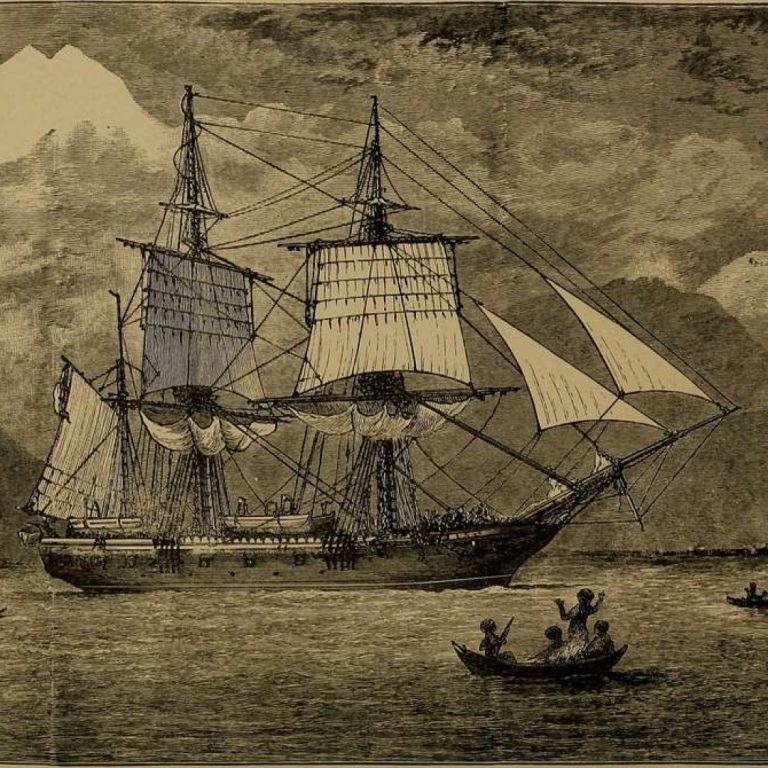
On Oct. 2, 1836, British naturalist Charles Darwin returned to England from the voyage of the “Beagle.” Darwin,…
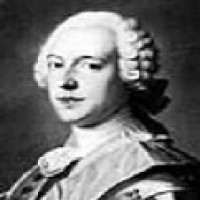
In 1836, Charles Cagniard de Latour’s work with microscopes shows that yeast is a mass of little cells…
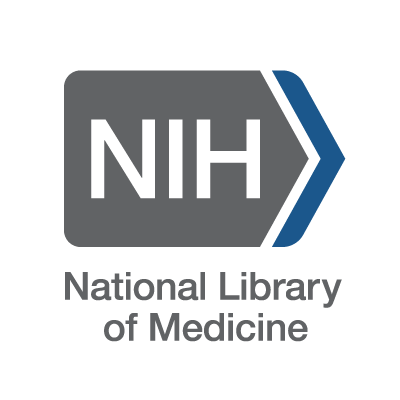
In 1836, The Library of the Office of the Surgeon General of the Army (the present U.S. National…
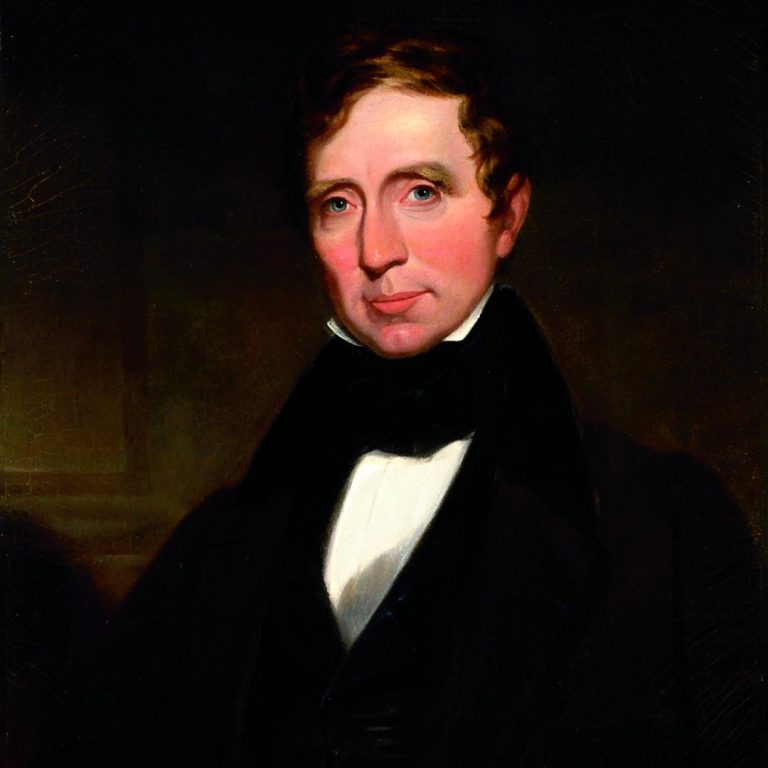
In 1836, Emory College was founded by a group of Methodists in Newton County that dedicated themselves to…
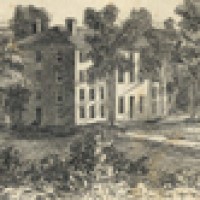
In 1834, The Wake Forest Manual Labor Institute was founded in Wake Forest. It was rechartered as Wake…
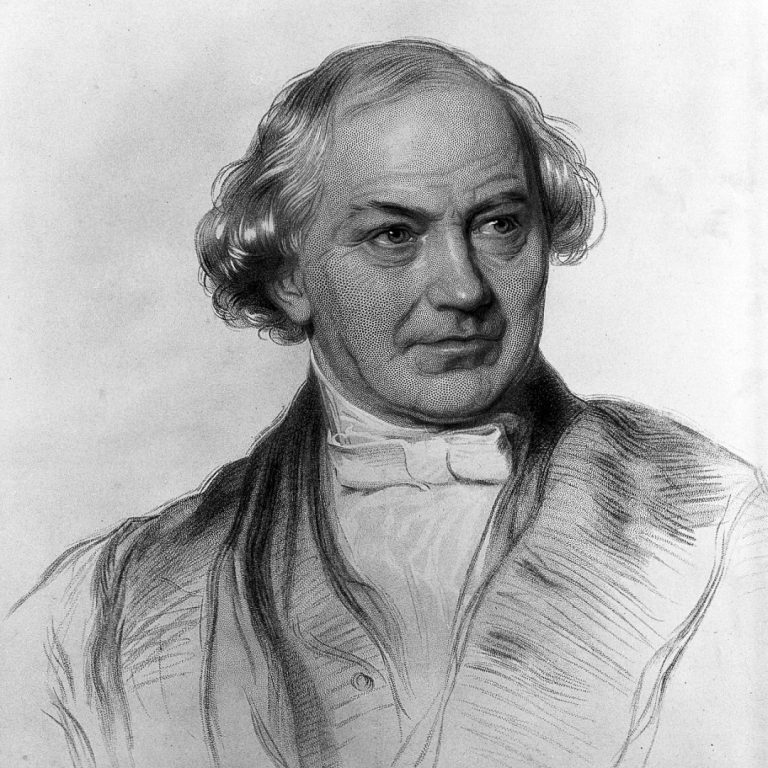
In 1834, the term scientist was added to the English language by William Whewell, Master of Trinity College,…
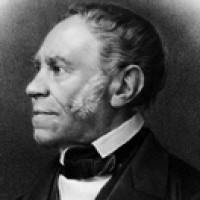
In 1833, the first enzyme was discovered and isolated by French chemist Anselme Payen also known for discovering…
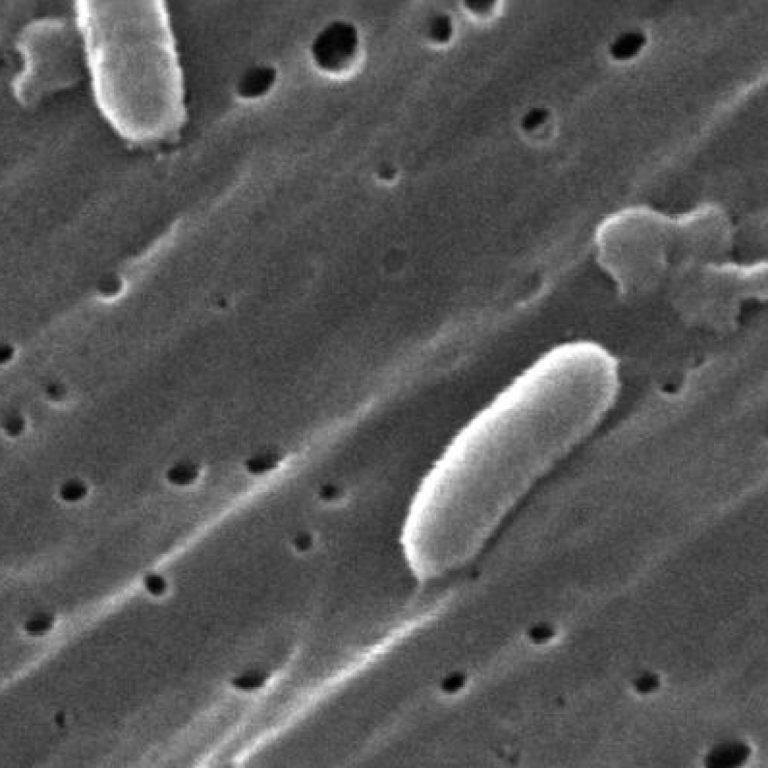
In 1832, New York mandated in June that no ship can approach within 300 yards of any dock…

In 1832, Asiatic cholera epidemic hit New York City with particular ferocity. Sanitary cordons, or quarantine, were the…
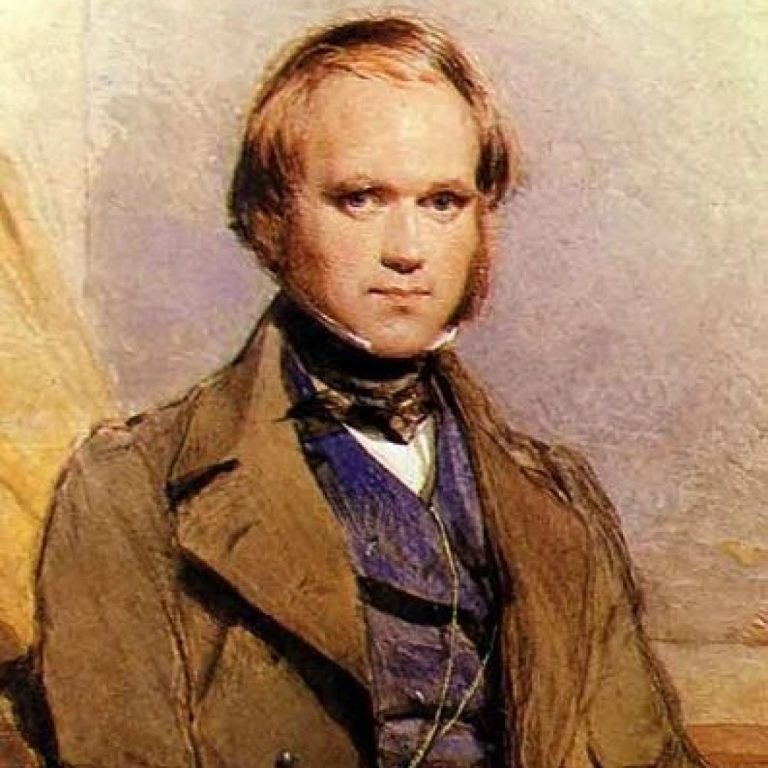
On Dec. 27, 1831, naturalist Charles Darwin departed England on the British science expedition voyage of the “Beagle”…
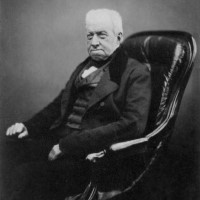
In 1830, Scottish botanist Robert Brown discovers a small dark body in plant cells. He called it the…

In 1830, John K .Smith opened his first drugstore in Philadelphia, and was soon joined by his younger…
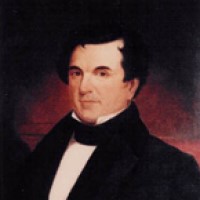
In Dec. 20, 1828, the Medical Academy of Georgia was chartered by Dr. Milton Antony. It became the…
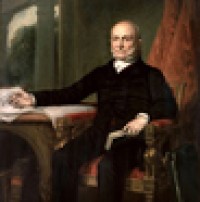
In 1827, President John Quincy Adams instructed overseas consular officers abroad to ship back to the U.S. any…
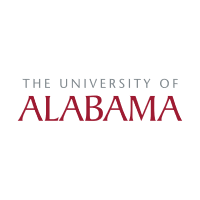
In 1827, Tuscaloosa, then the state’s capital, was chosen as home of the University of the State of…
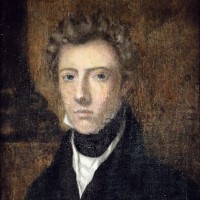
In 1826, Dr. James Barry, a Royal British Army surgeon, performed the worlds first successful cesarean operation. It…
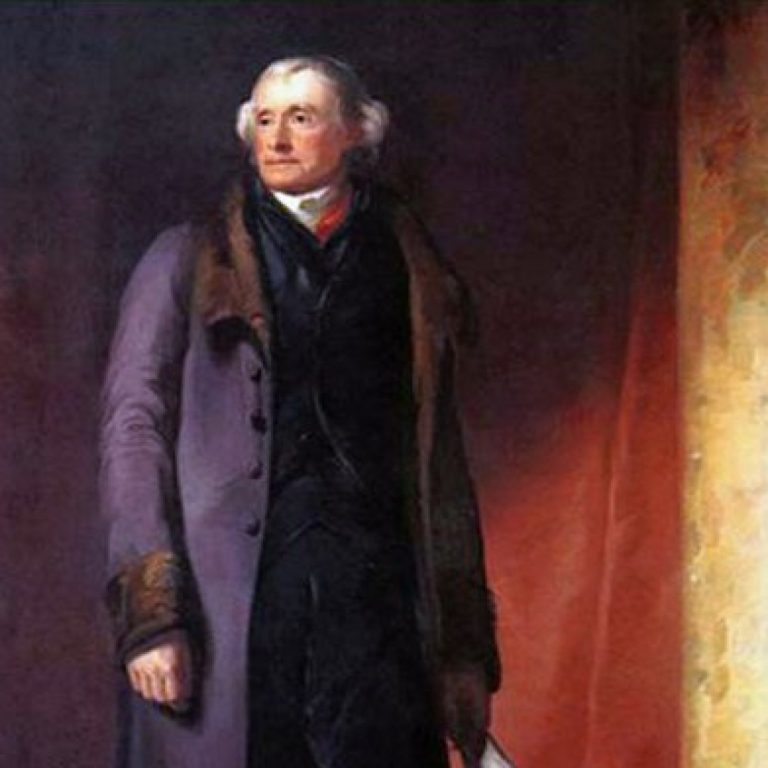
In 1825, Thomas Jefferson founded the nation’s 10th medical school which has grown into a nationally recognized academic…
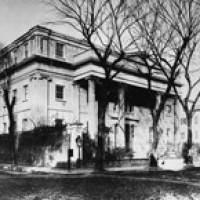
In 1824, the Medical College of South Carolina opened. Although the College of Medicine was not officially established…
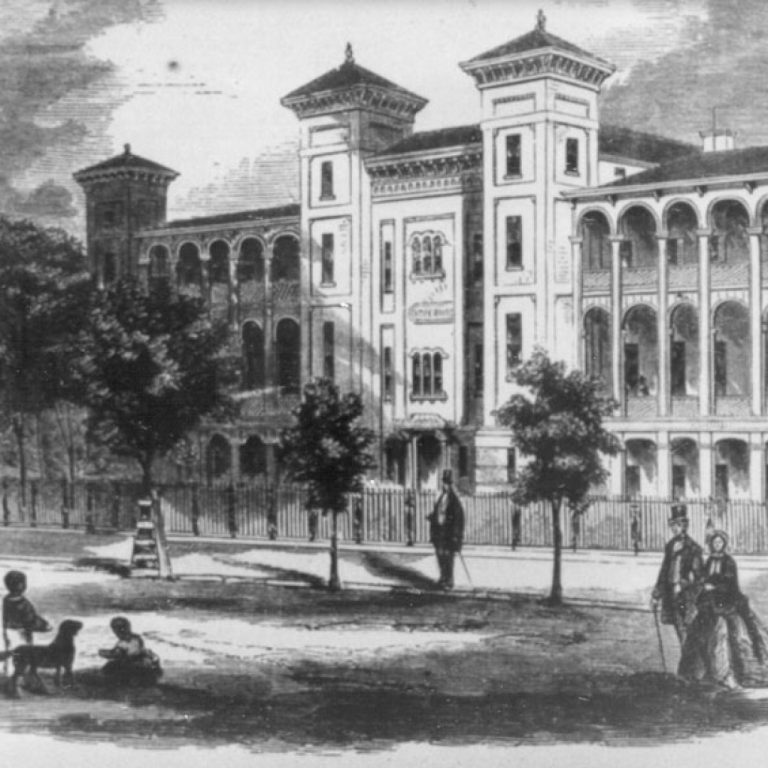
On Dec. 20, 1823, the South Carolina General Assembly granted the request of the Medical Society of South…

In 1823, The Medical College, a private institution of the Medical Society of South Carolina was incorporated in…
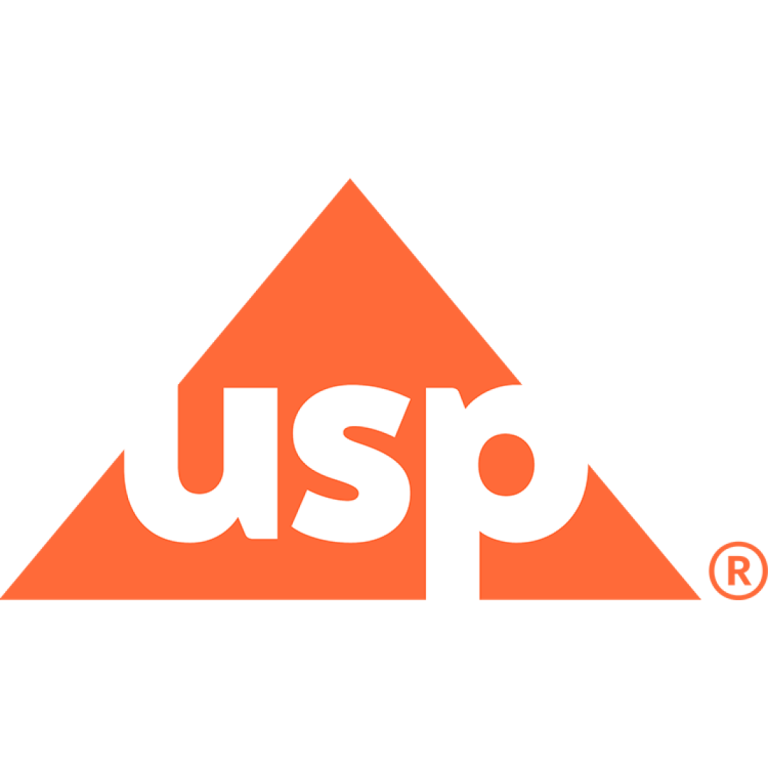
On Dec. 21, 1820, eleven physicians met in Washington, D.C., to establish the U.S. Pharmacopeia, the first compendium…

On Dec. 18, 1820, the University of the State of Alabama was officially established and named. In 1818,…
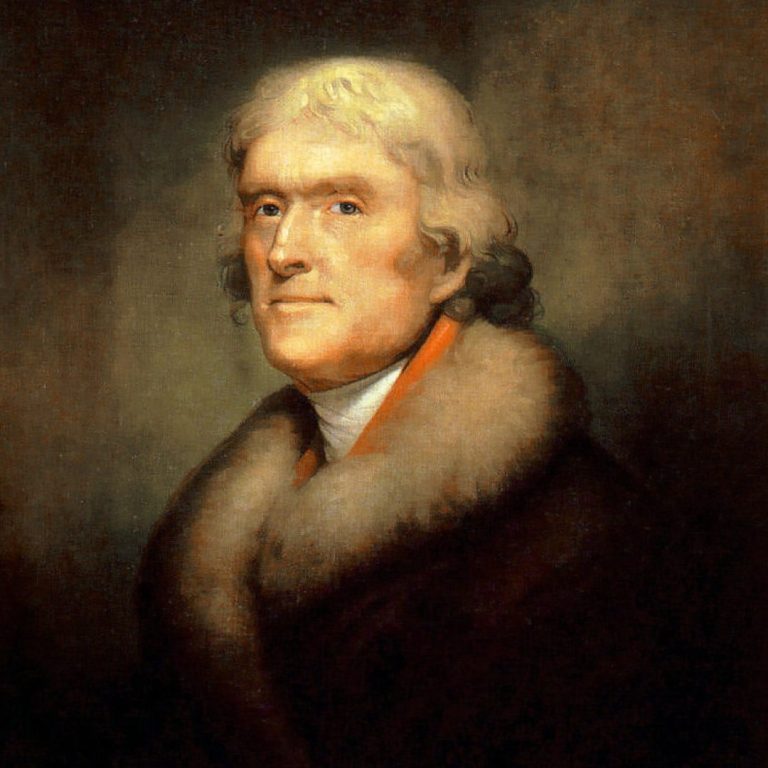
On Jan. 25, 1819, the University of Virginia was founded after being conceived by Thomas Jefferson in 1800…
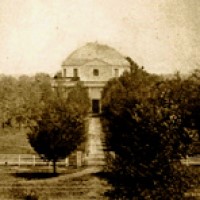
In 1818, the federal government authorized Alabama Territory to set aside a township for the establishment of a…
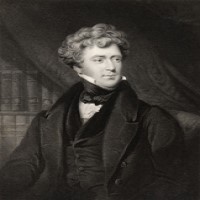
In 1818, the first successful transfusion of human blood to a patient was performed by British obstetrician James…

In 1817, James Parkinson published an essay on six cases of paralysis agitans known as Shaking Palsy. Other…
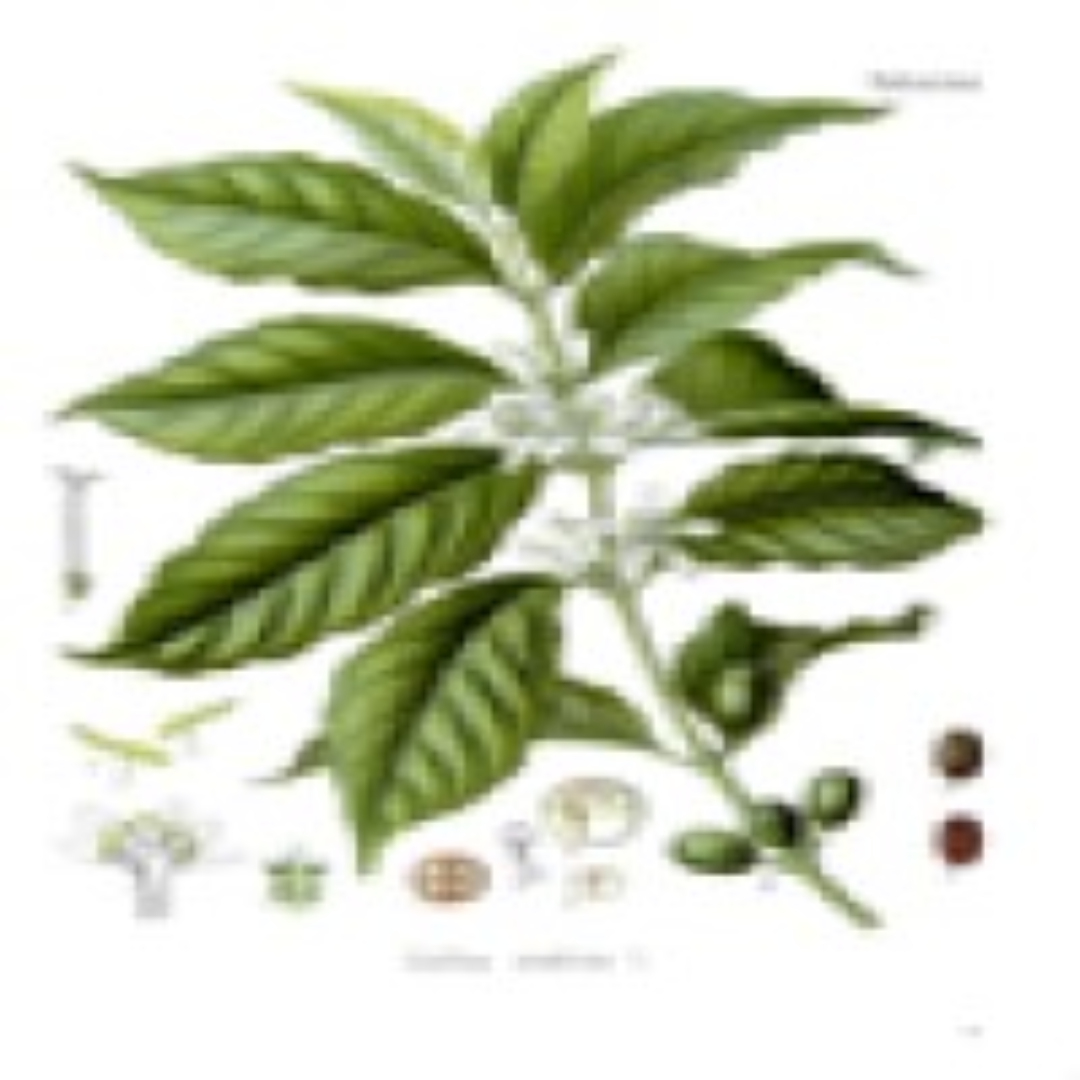
In 1816, German chemist Friedlieb Ferdinand Runge isolates a drug in a coffee bean he names caffeine meaning…
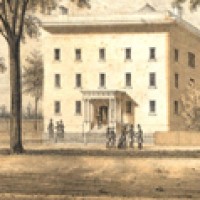
In 1813, the Medical Institution of Yale College opened its doors with four professors and 37 students and…
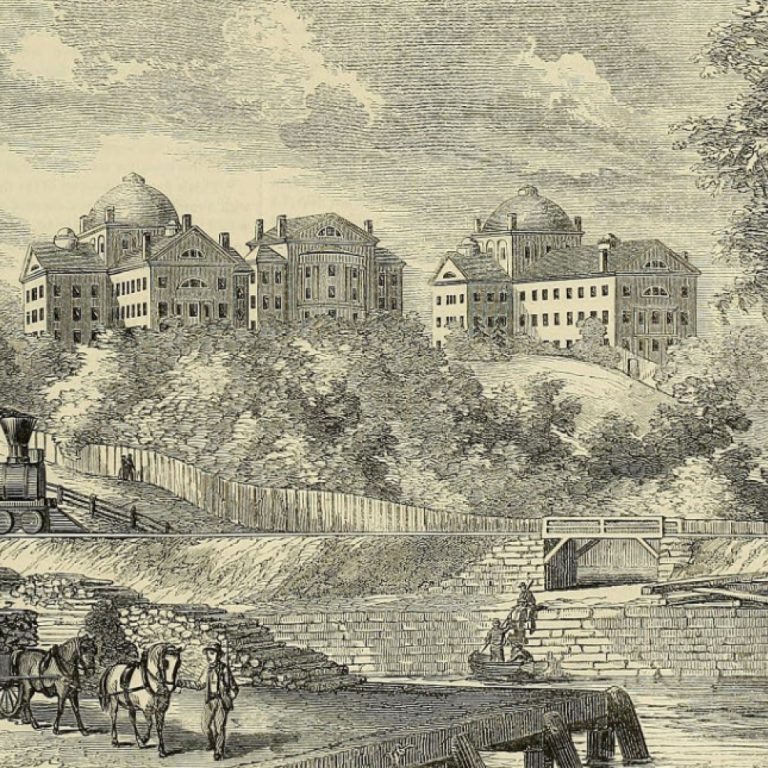
On Feb. 25, 1811, McLean Hospital was founded through a charter granted by the Massachusetts Legislature for the…

In 1811, organized bands of English handicraftsmen riot against the textile machinery displacing them, and the Luddite movement…